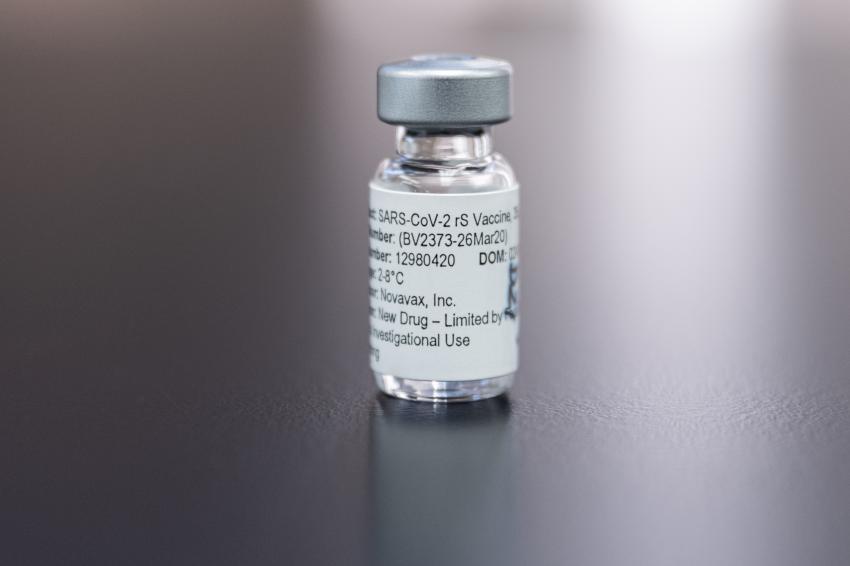EU Commission Orders up to 100 million Novavax Covid Vaccine Doses
Novavax’s recombinant nanoparticle protein-based candidate, NVX-CoV2373, with the company’s patented saponin-based Matrix-M adjuvant has not yet been approved by the European Medicines Agency (EMA). However, the Gaithersburg, Maryland-based company said it is working to complete its rolling submission during the current third quarter. Delivery of the initial doses could begin after receiving the green light, on which the Commission said the deal is contingent.
With its latest purchase, the European Commission, which has said it will concentrate on recombinant vaccines in future, has secured access to up to 4.57 billion doses of Covid vaccines from seven different suppliers. Shots currently being administered include two mRNA-based vaccines, Pfizer/BioNTech’s Comirnaty and Moderna’s newly named SpikeVax, along with the viral vector vaccines produced by AstraZeneca (Vaxzevria) and Johnson & Johnson (Janssen). At 2.4 billion doses, Comirnaty accounts for more than half of the EU’s order volume.
CureVac’s mRNA-based CVnCoV recently tripped over efficacy issues, and the partly German state-owned biotech has not yet applied for approval, although it has said it still believes there is a place in the EU’s portfolio for it. Sanofi and GSK’s protein-based shot, which has been delayed and is still in Phase 3 trials, completes the list.
Commenting on the deal with Novavax, which had been negotiated on and off since December 2020 as the company faced supply problems for needed materials such as the 2,000-liter plastic bags used to grow cells for vaccine production, Commission president Ursula von der Leyen said it further strengthens Europe’s broad vaccine portfolio.
“As new coronavirus variants are spreading in Europe and around the world, this new contract with a company that is already testing its vaccine successfully against these variants is an additional safeguard for the protection of our population,” the Commission president added.
Novavax claims around 90% efficacy for its vaccine, which is engineered from the genetic sequence of the first strain of SARS-CoV-2. The shot is generally well-tolerated and elicited robust antibody response in Phase 1/2 clinical testing, the company said. The candidate is currently being evaluated in two pivotal Phase 3 trials. A UK study is said to have demonstrated efficacy of 96.4% against the original virus strain, 86.3% against the B.1.1.7 (Alpha) variant and 89.7% overall.
In the company’s PREVENT-19 trial in the US and Mexico, the shot is said to have demonstrated 100% protection against moderate and severe disease and 90.4% efficacy overall. Phase1 and 2 studies that began in August 2020 are continuing in South Africa, in the US and Australia.
Novavax's global supply chain spans more than 10 countries, including facilities across the EU from which it ultimately plans to supply doses. In Germany, the US biotech is collaborating with Baxter BioPharma Solutions. In the Czech Republic, Novavax can tap 1 billion doses made by Praha Vaccines, which it acquired in May 2020. In the UK, GlaxoSmithKline said in March it had reached an agreement in principle with Novavax and the UK Government Vaccines Taskforce to produce up to 60 million doses. GSK will provide fill & finish capacity at its Barnard Castle site in northeast England.
Australia, which has ordered 51 million doses from Novavax and had expected supply in the second half of this year, will now receive no doses before 2022. The government said this week that it will not rely on the US supplier for primary doses, but will fold it into its booster program. The country is currently dealing with a major Covid outbreak and has said it is now focusing on securing more Pfizer /BioNtech vaccines.
Author: Dede Williams, Freelance Journalist





